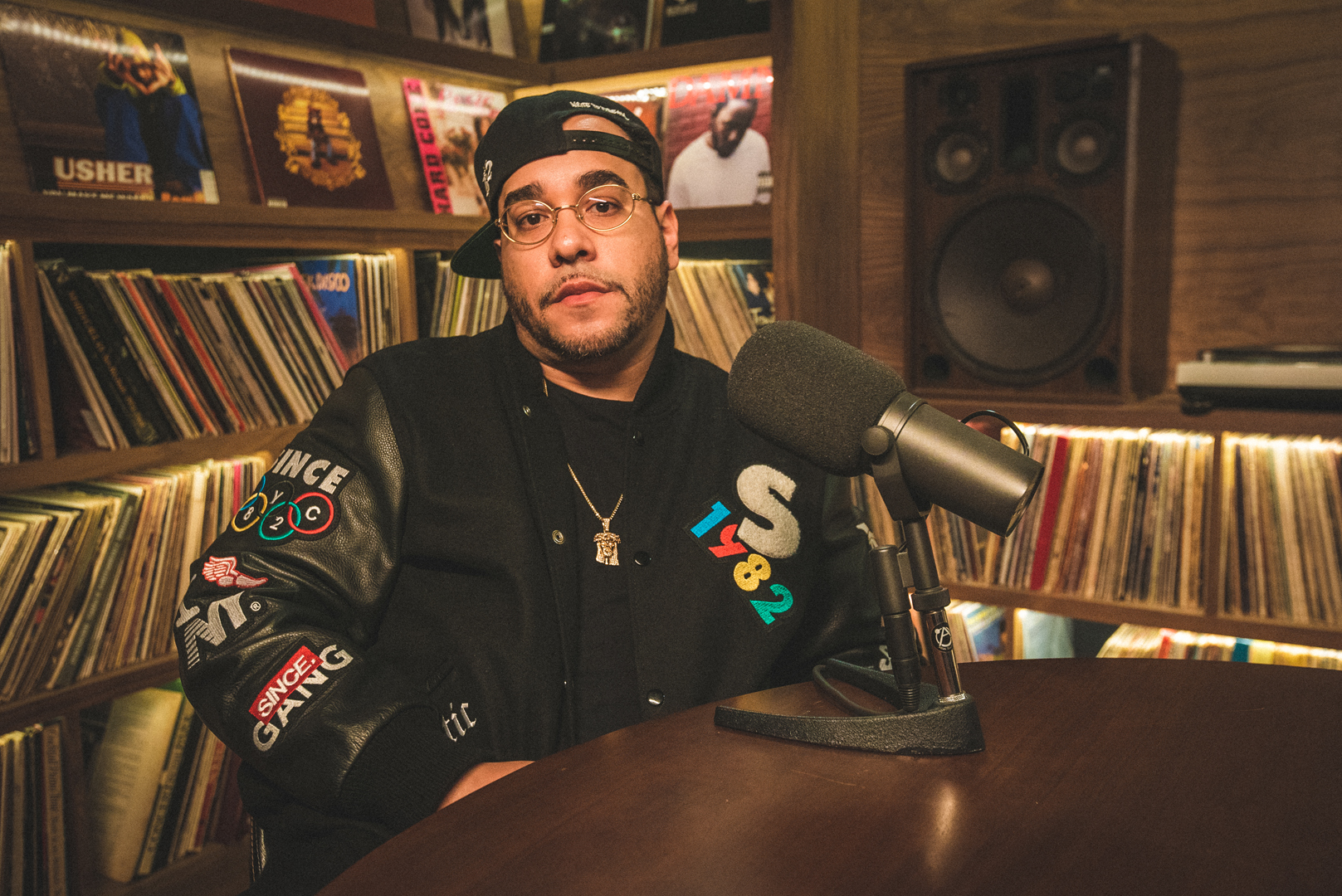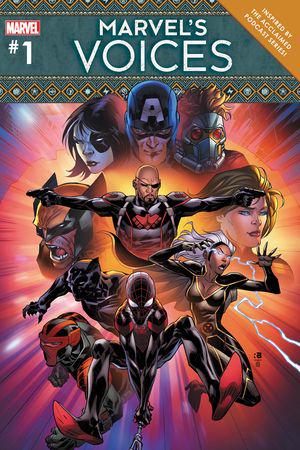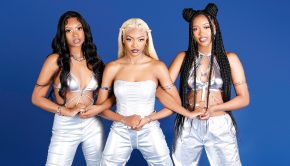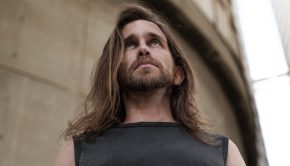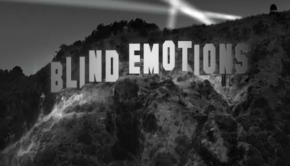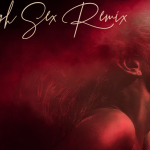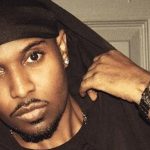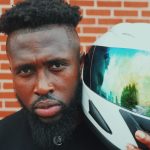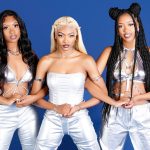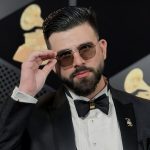Shop Talk With Veteran Hip Hop Journalist / Rising Emcee Rob Markman
More recently you made the transition from journalist / TV personality into a Hip Hop artist in your own right — When did these aspirations start coming to fruition?
I always wanted to be an artist ever since I was a kid. I wrote my first song when I was like 12 years old, I used to participate in rap battles all throughout high school, and then I started going to the studio. My first real studio session was with producer, Plain Pat, but this was years before he got to G.O.O.D. Music—I was just a kid in New York City trying to make it. I used to hand out CDs in front of Hot 97, I’ve been on rap blogs, I’ve performed shows in the city and up and down the East Coast. So even before I became known as a journalist, I was doing all the things that up-and-coming artists do.
…Once I got into the music industry as a journalist, I was made to feel like I had to choose. I was told it was a conflict of interest. So I stopped rapping for a while because I needed the money to feed my kids, but around 2016 I realized that I didn’t want to live my life with any regrets thinking about what I could’ve done or what I should’ve done. So I started working on music again, and have been consistently putting it out since 2017.
You’re a Brooklyn, New York, native, correct? So growing up in the ‘Borough of Trees,’ who all did / do you consider to be your strongest musical influences?
Yeah, I was born in Bed-Stuy, Brooklyn; raised in Flatbush. I grew up during the Notorious B.I.G. era. Brooklyn always had a sense of pride, but when Biggie was king, it felt like we were on top of the world. Of course Jay-Z was an influence as well. And I was always a fan of AZ. I still take pride in Brooklyn artists—guys like Joey Bada$$ and Pro Era inspire me, too. They’re younger than I am, but there’s a lot to learn watching how Joey moves.
That said, how would you describe / define the style of music that you create and perform?
I believe the music that I create is honest and motivational. My supporters see what I go through in real time. They watch my interviews, they see my transition into an artist who is more visible now, and they see some of the difficulties I face. The truth is, this is a non-traditional route; I don’t know if it’s ever been done quite like how I’m doing it. I’ve gotten a lot of support, but I’ve also met some resistance. The fans see that, and when they see me overcome certain hurdles, or accomplish new things, I think it gives people fuel to go out and follow their own dreams, too.
As a lyricist, when you sit down to pen your rhymes where do you draw inspiration from?
I draw all my inspiration from my real life for the most part. I have a song called “Long Flight Home” that I wrote sitting in LAX while my flight kept getting delayed. I wrote the song right there at the gate about everything goin’ on in front of me in real time. I wrote as it was happening. “Don’t Beg, Don’t Borrow” was inspired by a Genius interview I did with T-Pain, where he revealed that he did a lot of his big features for free and when he turned around, and asked those same artists for help they turned their back on him. So I wrote a story from my perspective and things that I’ve been through with people in my life. “The Argument” is a song where I wanted the listener to feel like they were in the middle of an argument between a man and a woman. I drew inspiration from different relationships I’ve been in, things I’ve seen friends go through and things that my parents fought over. It all comes from real life for me.
Last May saw the release of your debut solo LP, ‘It’s Too Late at the Wake’ — Conceptually, what does that title represent both to and for you?
‘It’s Too Late at the Wake’ has a dual meaning for me. For one, it’s motivation for myself and others. We’re all going to die one day; it’s inevitable. Life is short, so what are you going to do with your time here? Live your life to the fullest, go after your dreams, don’t get left wondering what you could’ve done because it’s too late at the wake. When you’re in that casket, it’s a wrap.
…The other meaning has to do with how we treat people in life. You gotta give people the flowers while they can still smell ‘em. It feels disingenuous to be negative towards people in life, and then show up for their funeral crying. I tend to give my people all the love I can while I still can. I had a friend who passed a few years back, and while he was alive I watched someone I know give him hell—he’d kick his back in. But when the homie died, all of a sudden dude was posting all types of RIP posts on social media. It made me sick to my stomach, truthfully. Don’t hate on me now, and then tell the world how much you loved me when I’m gone. That’s crazy to me.
You’re also VP of Content Strategy at Genius — In having said that, what all specific day to day duties are you responsible for in regards to the site?
Each day is different at Genius. Some days I’m in a number of back-to-back meetings with my team exploring new content ideas and new approaches for our content that is already working. We’re pouring over data, following our gut on songs that we love and figuring out the right artists to cover and the right time to cover those artists. If I’m not meeting with my team, then I’m taking meetings with artists and their teams, listening to new music and figuring out how things fit into Genius. When I’m not doing that, I’m in front of the camera interviewing artists, so there is never a dull day.
Overall my responsibilities include running the artists relations team at Genius, making sure we’re booking the right artists, supporting our content team to get them the artist access that they all need, and working with our sales and branded content teams on the business side of things. In addition to that, I’m working with the team to make sure we’re meeting our metrics goals, keeping on track with our publishing schedule and exploring new opportunities. And, of course, interviewing artists.
You’re known, too, for being a former MTV correspondent — What all did you learn and / or take away (mostly) from your time at the network?
I learned so much being at MTV. I had folks like Sway Calloway and Rahman Dukes as mentors, and they helped me really see my potential. When I walked into MTV, I only really had journalism experience. They helped mold me into an on-camera personality, a producer, a manager, and an overall leader. When I was at MTV, I really learned that the sky was the limit, and that I was just scratching the surface in my career.
Your latest gig is hosting this brand new Fuse show, Genius x Fuse — Tell me a little bit about the premise…
I’m really excited about our Genius x Fuse show. It’s really about bringing two worlds together. I believe that Genius has brought some respect back into the game. For a long time it felt like everyone was following the TMZ model when speaking to artists; so much of the media’s conversation with musicians were about who they were dating and just their overall celebrity. For years through our series like Verified, Deconstructed and For The Record, Genius has zoomed in on the artist’s process and the meaning behind their music.
…Fuse, as a brand and as a channel, is a place that has always understood that, and now together we’re able to amplify that conversation every Wednesday night. I really have to thank our Head of TV & Film, Joshua Asen—this was his vision.
Longevity, what do you attribute yours to?
We’ve just started this partnership with Fuse, and I think the potential of where the show can go is limitless. As long as we stay true to our fans and our audience, I think we could do this big. It’s time for a true late-night music show on television.
On a more serious note, are you happy with the overall current state of hip-hop?
Overall, I’m happy with where hip-hop is. Are there things that I’m unhappy about? Yeah; I just want for everyone involved to treat our culture with the respect it deserves, and to really treat hip-hop like art and not this disposable thing. So on that front there is still work to be done, but overall hip-hop is in a great place. It’s really cool to see our favorite artists grow and break boundaries. On one hand, Jay-Z is 50 years old and still dropping music, then you have Drake breaking all sorts of records on the charts. Then you have young artists like Lil Uzi Vert taking hip-hop into new and creative directions. And then you have guys like Griselda adding another aesthetic that is 100% successful, and not dependent on a current trend. There’s some good balance going on, but there is still work to be done.
To date, what has been your greatest career moment?
That’s a tough question. I’ve had so many highlights. As a journalist, I’ve interviewed everyone from Jay-Z to Nicki Minaj to Lil Wayne to Kendrick Lamar to Mariah Carey and Babyface. I was involved in some of the great XXL Freshman covers early on, and was involved with MTV’s Hottest MCs in the Game show. As an artist, I performed at Barclays Center and Rolling Loud, I’ve heard my records on Hot 97. I recently wrote a comic book for Marvel Comics, which is one of my all-time favorite brands. Now I’m on TV every week with Fuse, and we have our content on Apple Music; that’s big, too!
…There’s been a ton of highlights, but if I had to pick one I’d say the day I joined Genius was my greatest career moment because there was so much uncertainty, but so much good energy. I remember I was trending on Twitter when we announced I was coming to Genius, and fans, artists, executives were all tweeting about it. Everyone wanted to see us win, but I don’t think people were sure of what we were going to do. And now to look back almost five years later and see how much Genius has grown—and for me to be a part of that—that’s probably the biggest thing for me.
Looking ahead, say five or maybe even ten years from now, where do you see yourself?
Five or ten years from now is a big jump. Hopefully in ten years, I can be somebody who has inspired people to follow their dreams. I was always one to dream big, and a lot of times things seemed improbable. I remember when I worked in the mail room and people told me that I wouldn’t make it as a writer—and I made it. I remember when I was a print journalist, and people told me I’ll never be good on camera—and here I am on camera. I remember when people told me I couldn’t do music—and now I’m doing music.
…Thankfully along the way I have had some great mentors and people who have inspired me, so I want to be able to mentor folks and inspire that, too. In addition to that, I have a couple of movie ideas that I want to script out, and I could see myself writing a book at some point.
Lastly, you semi-recently aligned yourself with Marvel Comics, how did this opportunity even come about?
Marvel editor, Chris Robinson, reached out to me and asked me if I wanted to write a two-page story in an anthology he was putting together called Marvel’s Voices. He told me I could write about any character I wanted, and he said he wanted to pair me with artist, Damion Scott, who I grew up with.
…I go to the comic book store every week, and I tweet about comics often, so I think Chris saw I was really a comic book fan—and I guess he really believed in me as a writer. I think we put together a beautiful story about Silver Surfer grappling with how we, as people, are destroying the Earth. As powerful as he is, even he is powerless to save our planet unless every day people are focused on taking care of our environment.
As for the immediate, what’s next for you, Rob?
Right now, I’m very focused on Genius. The world is battling this pandemic currently and there are more important things than music at the moment, but music has also provided an escape for people. If you watch the news all day, everyday it could be hard for people to maintain a positive outlook—so people do need an escape and I think that our musicians are really doing a great job in creating during this time. You see it with album releases from The Weeknd, or the battles that Swizz Beatz and Timbaland are putting together on Instagram; people are really craving this content. Where Genius comes in is that we add the context to it all, so our team has been really focused on delivering on our mission despite the challenges. So what’s next for me is making sure that we all come out of this OK—the Genius team, the artists who we work with, and of course our audience who tunes into us every day.
…As a creative myself, I’m making sure that I’m putting out music consistently. At the top of the year I told myself that I will release two new songs every month on the 1st and the 15th, and my goal is to continue to do that. The music has been therapeutic for me. And I’ve also been writing more comic scripts, so hopefully some of those get published this year; we’ll see.
Any parting words for our readers?
I just appreciate you all for the support. Ultimately, I couldn’t do much of what I do if the people didn’t support it.
Genius x Fuse airs Wednesday’s on Fuse
Connect w/Rob Markman Online:
Tweet


